Bulgaria is one of the least expensive and least-visited destinations in Europe, which I find crazy because this country is stunning! It has vineyards, ancient ruins, modern cities, picturesque villages, great outdoor activities, and a stunning coastline along the Black Sea. Whatever kind of adventure you want to have here, this Bulgaria travel guide has everything you need for planning a trip!
Bulgaria
Bulgaria is known for hiking, wine, Roman ruins, the Pirin Mountains, beaches, and the Belogradchik rock formations. This country is a fantastic blend of Western and Eastern European culture, history, food, and architecture.
Ready to plan your trip? Here’s the ultimate Bulgaria travel guide!

Top Places to Visit
Here’s My Bulgaria Itinerary

Typical Costs When Traveling
Exchange Rate
The currency is the Bulgarian lev/leva (singular/plural), abbreviated to lv. Exchange rates are subject to fluctuations, so be sure to check this as your trip approaches. On average, 1 lev is equal to about £.45 British Pounds, $.55 U.S., €,50, and 3.90 Chinese Yuan.
Accommodation
A hostel room is around 20 lv a night (£9, $11.25, €10,25, 78 Yuan), and a budget hotel is between 25-50 lv a night (£11-22, $14-28.50, €12,75-25,50, 97.50-195 Yuan). A mid-range hotel will be about 80 lv a night (£35, $45, €41, 312 Yuan). Higher-end accommodations start at 150 lv a night (£67, $84.50, €76,50, 585.50 Yuan) and go up from there.
Airbnb prices average around 75 lv a night (£33, $42, €38,50, 293 Yuan).
Food
Meals from markets or street stalls are relatively cheap between 5-10 lv (£2.25-4.50, $2.80-5.50, €2,55-5,10, 19.50-39 Yuan). Lunch or dinner at a quality restaurant will be around 25 lv (£11, $14, €12,50, 97.50 Yuan). And a three-course meal at a top-end restaurant will start at 50 lv (£22, $28.50, €25,50, 195 Yuan) and go up from there.
Bulgaria has relatively low alcoholic drink prices for the EU. Budget around 2 lv for a local beer (£.90, $1.15, €1, 7.75 Yuan) and 6-10 lv for a bottle of wine or rakia, a famous Bulgarian drink with a high alcohol content made of grapes or other fruits, (£2.60-4.50, $3.50-5.50, €3-5, 23.50-39 Yuan).
Here are 10 Must-Try Bulgarian Dishes and the Best Wineries in Bulgaria!
Transportation
Sofia has trams, trolleys, buses, and two metro lines for navigating the city. Most other cities and towns, even the smaller ones, will have at least one (and most have a combination of) trams, trolleys, and buses. The fare is about 1.60 lv (£.75, $.90, €,80, 6.24 Yuan) for a one-way ticket or 12 lv for a card with ten trips (£5.30, $6.75, €6,15, 47 Yuan).
The Bulgarian State Railway operates to and from the larger cities and most of the mid-size towns. An intercity train ride should be between 25-35 lv (£11, $11.50-23, €10,50-21, 80-159 Yuan) depending on if you buy a first or second-class ticket.
Buses are the best way to visit smaller and more rural towns, travel between the coastal cities, and get to ski resorts. There are private and public bus companies with trips that average about 30 lv (£13, $17, €15,50, 117 Yuan) depending on where you’re going and how far in advance you purchase your ticket. You can reserve bus and train tickets here.
Car Transportation
Renting a car usually costs around 24 lv a day (£10.50, $5.50, €5, 37 Yuan). I drove here and loved the freedom of stopping whenever I saw something exciting.
Taxis are relatively cheap and very reliable. Drivers are required by law to post their rates on a door or window. The price should be around .80 lv (£.35, $.42, €,38, 3.15 Yuan) for the base fee and .75 lv (£.30, $.40, €,35, 2.90 Yuan) per kilometer after that. If a higher fare is posted, or if no fare is posted, then it might be a scam, and you should find a different taxi.
Uber and Lyft don’t operate in Bulgaria.
Other Expenses
I’d budget around 25 lv a day (£11, $14, €12,50, 97.50 Yuan) for entrance fees, tours, guides, snacks, tips, and souvenirs.
ATMs are widely available in larger cities and mid-sized towns. Visa and MasterCard are the most commonly accepted international bank cards.
Hotels, restaurants, and shops in cities and larger towns should accept credit cards, and Visa and MasterCard are the most commonly accepted cards. In smaller towns and more rural areas, be prepared to pay with cash.
Tipping
You should tip 10% in restaurants. Tipping isn’t expected at hotels unless it’s a very high-end hotel. For a taxi, you should round up the fare to the nearest lv. For tour or museum guides and hired drivers, you should tip around 10% per person. Serving staff at bars don’t expect tips per round, but leaving a small tip when you leave is standard.
Suggested Daily Costs
These budget estimates include eating and drinking out at least once a day and a couple of train, plane, or bus rides between cities.
Lower End: 85 lv a day (£38, $48, €44, 332 Yuan). Midrange: 150 lv a day (£67, $84, €77, 585 Yuan). Higher End: 200 lv a day and up (£88, $112, €102, 780 Yuan).
Money Saving Tips
How to Prepare for Bulgaria
Vaccinations
The Centers for Disease Control and Prevention (CDC) and World Health Organization (WHO) recommend the following vaccinations: hepatitis A, hepatitis B, rabies, meningitis, polio, measles, mumps and rubella (MMR), Tdap (tetanus, diphtheria, and pertussis), chickenpox, shingles, pneumonia, and influenza.
Passport Health has additional information on current vaccinations and diseases in Bulgaria, and I recommend visiting their website for the most up-to-date travel requirements.
Visas
Citizens of the U.S., Canada, and Australia need a valid passport AND a return ticket to enter Bulgaria. EU and U.K. nationals require a valid passport but NO return ticket. EU, U.K. U.S., Canadian, and Australian citizens DO NOT need a visa if they’re staying less than 90 days.
If you’re a citizen of another country, you might need a visa to enter Bulgaria. You’ll want to check your country’s visa guidelines and requirements.
Everyone except EU nationals will need a passport that is valid for at least three months past your departure date.
iVisa is an incredibly helpful resource for obtaining visas. iVisa makes the usually complicated and confusing process of getting a visa easy by taking care of everything for you. You fill out a simple online application, and then iVisa takes care of everything else.
Etiquette
You should always offer your seat to a pregnant or older person. Shake hands when you’re meeting someone and when you’re saying goodbye.
In churches, dress conservatively (no short pants or skirts or uncovered shoulders). You should also respect any restrictions on camera and phone use.
When To Go
Bulgaria’s High Season is from June to August. During these months, everything is open – sights, tours, transportation, etc. But accommodation prices can be double what they are the rest of the year, and tourists and temperatures will be at their highest. Towns on the Black Sea are packed during these months with locals and tourists.
The Shoulder Seasons are from April to May and September to October. These are the best times to visit. Prices, tourist numbers, and temperatures are lower, and almost all transportation and sites should still be open.
The Low Season is from November to March when prices for everything drop. But many hotels, sights, and restaurants close or are only open on the weekends. Transportation around the country can be trickier this time of year due to inclement weather. Many coastal towns close down entirely during these months.
But mid-December to early March is the best time to ski.
Bulgaria is one of the Best Destinations To Visit In July!
What To Pack
In addition to your usual travel essentials, you’ll want these items:
Day pack, water bottle, and hiking shoes since you’ll probably be hiking at least once. If you’re doing any long treks, make sure you have any specialized clothing or equipment you might need.
Rain jacket because there’s always a chance of rain. If you’re here in the winter months, you’ll want several warm layers and a waterproof outer layer for rain, sleet, or snow.
Even if you’re here in the Summer months, you might want a warmer layer for the mornings and evenings in the higher elevations.
For coastal towns in the non-Winter months, you’ll want a swimsuit, towel, and sandals.
Electrical outlets in Bulgaria are Types C and F. So if you’re from the EU, you won’t need an outlet adaptor. But British, U.S., and other travelers will need an adaptor.
What To Wear
For the most part, Bulgarians dress casually and practically, so you should do the same. If you’re planning on attending an opera, you should have a dressier outfit. For concerts or clubs, you’ll want some casual-chic clothes.
If you’re touring a monastery, you won’t be allowed in if you’re wearing shorts or short dresses or skirts, flip flops, or uncovered shoulders. So be prepared to dress modestly at times.
For the coastal towns in the summer, any kind of swimsuit is acceptable. Bring your swimsuit even if you’re here in the winter months because the country has lots of mineral springs, and many hotels offer warm indoor swimming pools or spa centers with affordable beauty and therapeutic services.
Have you been to Bulgaria? Comment below with anything you’d add to this Bulgaria travel guide!

Shop My Bulgaria Essentials

Frequently Asked Questions
Is Bulgaria in Europe for travel insurance purposes?
If you are applying for a Schengen Visa, the minimum compulsory insurance requirement you need is coverage for medical expenses up to €30,000. Bulgarian authorities also impose the same insurance requirements on travelers wishing to enter the country.
Although AXA’s Low-Cost Schengen insurance meets this requirement, it only covers Schengen Area countries, which doesn’t include Bulgaria. However, AXA Europe Travel and AXA Multi-Trip insurance covers all European Union member states, including Bulgaria.
What do i need to travel to Bulgaria?
In addition to your usual travel essentials, you’ll want these items:
Day pack, water bottle, and hiking shoes since you’ll probably be hiking at least once. If you’re doing any long treks, make sure you have any specialized clothing or equipment you might need.
Rain jacket because there’s always a chance of rain. If you’re here in the winter months, you’ll want several warm layers and a waterproof outer layer for rain, sleet, or snow.
Even if you’re here in the Summer months, you might want a warmer layer for the mornings and evenings in the higher elevations.
For coastal towns in the non-Winter months, you’ll want a swimsuit, towel, and sandals.
Electrical outlets in Bulgaria are Types C and F. So if you’re from the EU, you won’t need an outlet adaptor. But British, U.S., and other travelers will need an adaptor.
How safe is it to travel to Bulgaria?
I felt very safe during my entire trip to Bulgaria. But, as with any destination, you need to take precautions to keep yourself safe. Don’t walk by yourself at night, stay in a secure and well-located hotel or vacation home, use slash-proof, lockable, and RFID-protected bags and purses, and always have a charged cell phone with you.
Can I travel to Bulgaria with a Schengen Visa?
Yes. Bulgaria has a visa-free system to enter, transit, and stay in-country for holders of valid Schengen Visas.
Can a US citizen travel to Bulgaria?
Yes. Citizens of the U.S. need a valid passport AND a return ticket to enter Bulgaria. U.S. citizens DO NOT need a visa if they’re staying in Bulgaria for less than 90 days.
What should I know before going to Bulgaria?
Know before you go to Bulgaria:
1. The currency is the Bulgarian lev/leva (singular/plural), abbreviated to lv. Exchange rates are subject to fluctuations, so be sure to check this as your trip approaches. On average, 1 lev is equal to about £.45 British Pounds, $.55 U.S., €,50, and 3.90 Chinese Yuan.
2. Uber and Lyft don’t operate in Bulgaria.
3. ATMs are widely available in larger cities and mid-sized towns, and Visa and MasterCard are the most commonly accepted international bank cards. Hotels, restaurants, and shops in cities and larger towns should accept credit cards, and Visa and MasterCard are the most commonly accepted cards. In smaller towns and more rural areas, be prepared to pay with cash.
4. You should tip 10% in restaurants. Tipping isn’t expected at hotels unless it’s a very high-end hotel. For a taxi, you should round up the fare to the nearest lv. For tour or museum guides and hired drivers, you should tip around 10% per person. Serving staff at bars don’t expect tips per round, but leaving a small tip when you leave is standard.
5. Electrical outlets in Bulgaria are Types C and F. So if you’re from the EU, you won’t need an outlet adaptor. But British, U.S., and other travelers will need an adaptor.
Is Bulgaria expensive to travel to?
Bulgaria is a relatively inexpensive destination compared to other countries in Central and Western Europe.
Here are some money-saving tips for Bulgaria:
1. Do free walking tours in Sofia, Veliko Tarnovo, and Plovdiv.
2. You’ll find delicious and large-portioned food at bakeries and markets, which are good alternatives to eating at a restaurant for every meal.
3. Eat at restaurants that are further from the city center and aren’t next to a famous landmark or site.
4. Taxis are usually more convenient, but they’ll always cost more than taking public transportation.
Can you use the Euro in Bulgaria?
No. Only Bulgarian leva can be used in Bulgaria.

This Bulgaria travel guide is not a sponsored post, and, as always, the thoughts and opinions expressed in this Bulgaria travel guide are entirely my own. Some of the links in this Bulgaria travel guide are affiliate links, and, at no cost to you, I may earn a small commission from this Bulgaria travel guide.
October 7, 2019
 Travel Shop
Travel Shop Merch
Merch Travel Tips
Travel Tips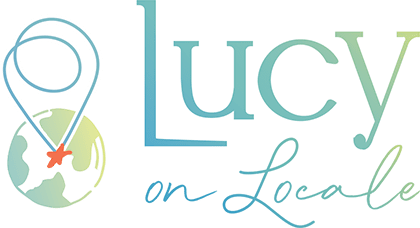
 Photography
Photography Points & Miles
Points & Miles Credit Cards
Credit Cards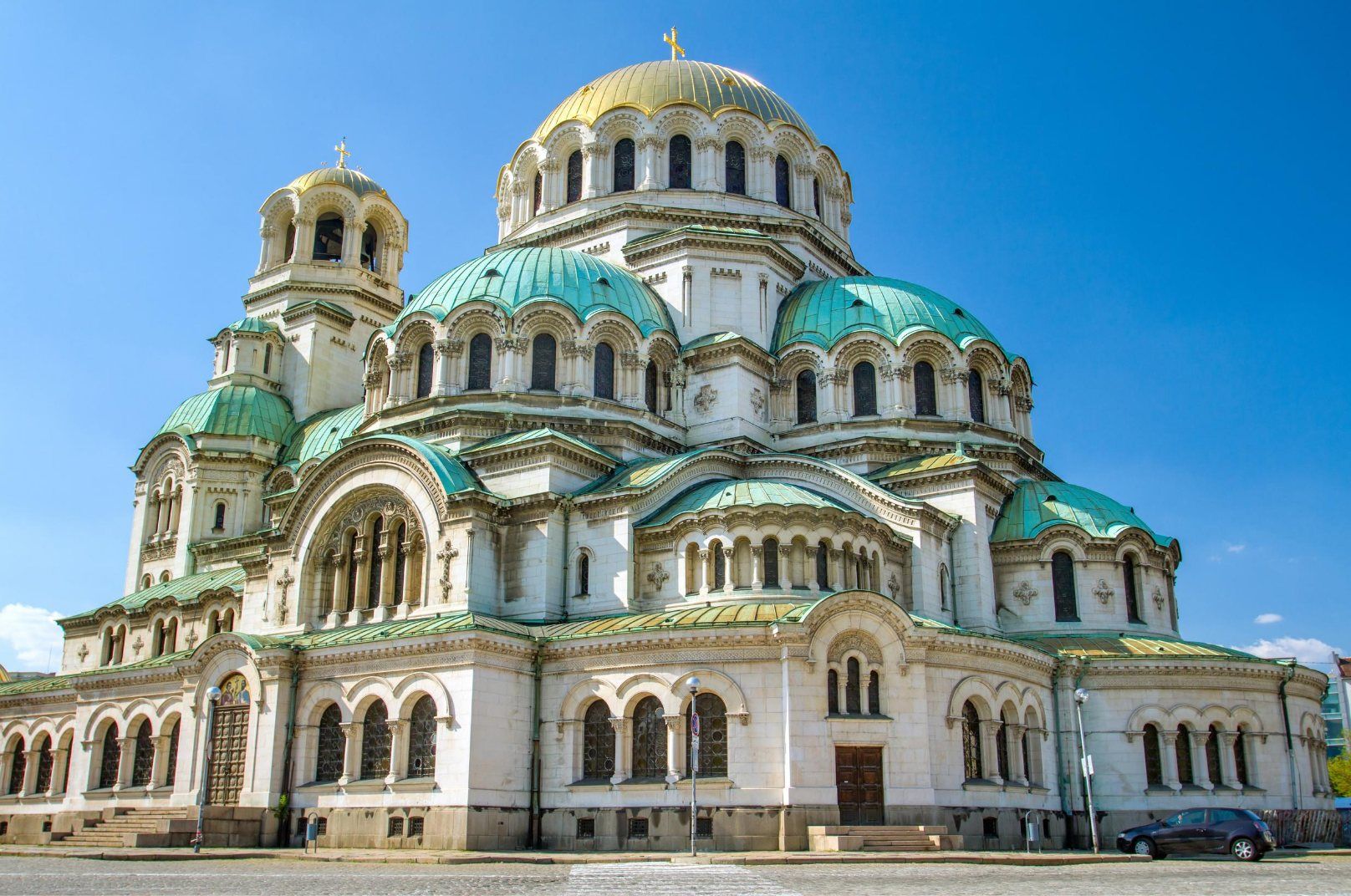
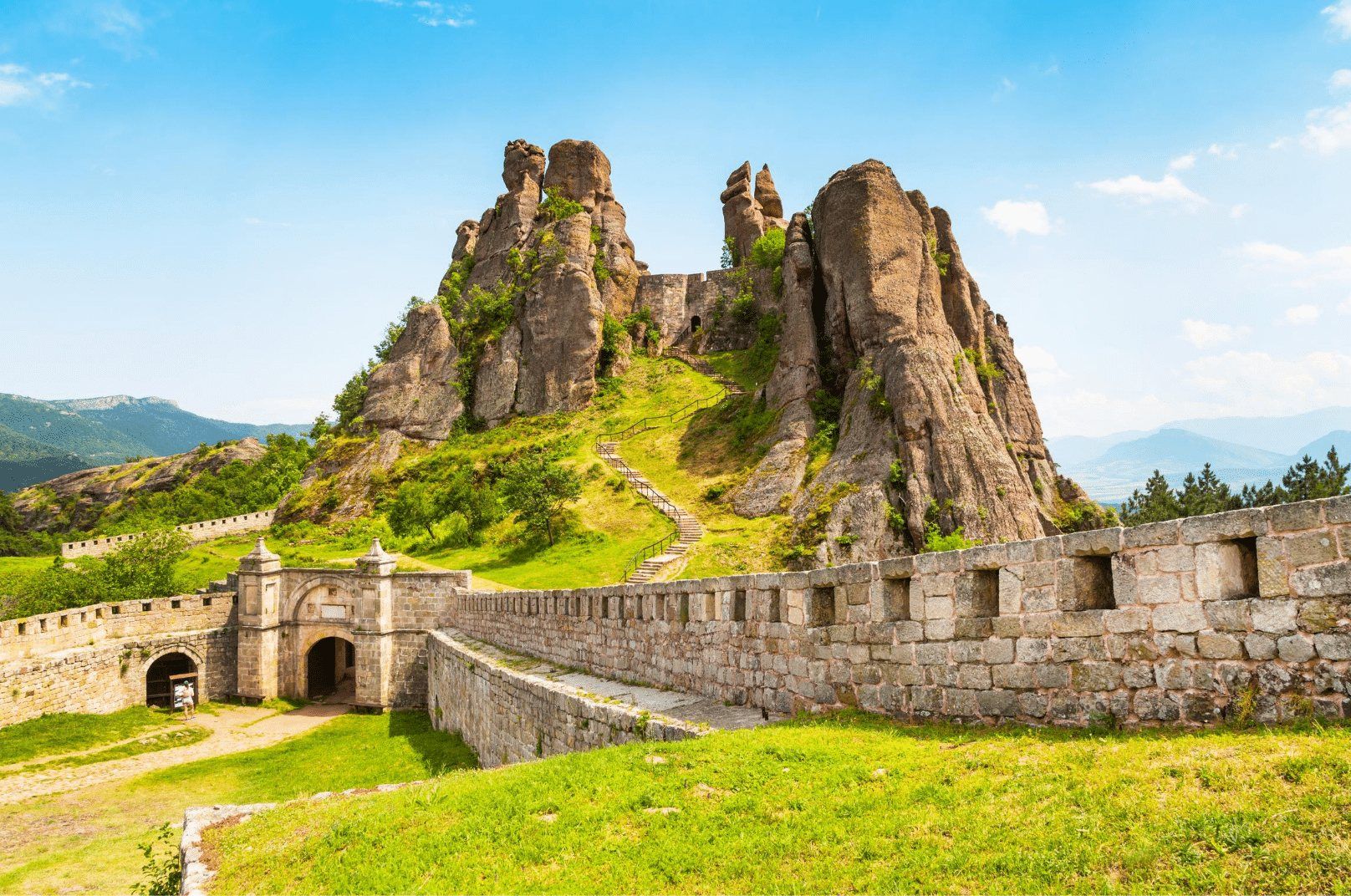
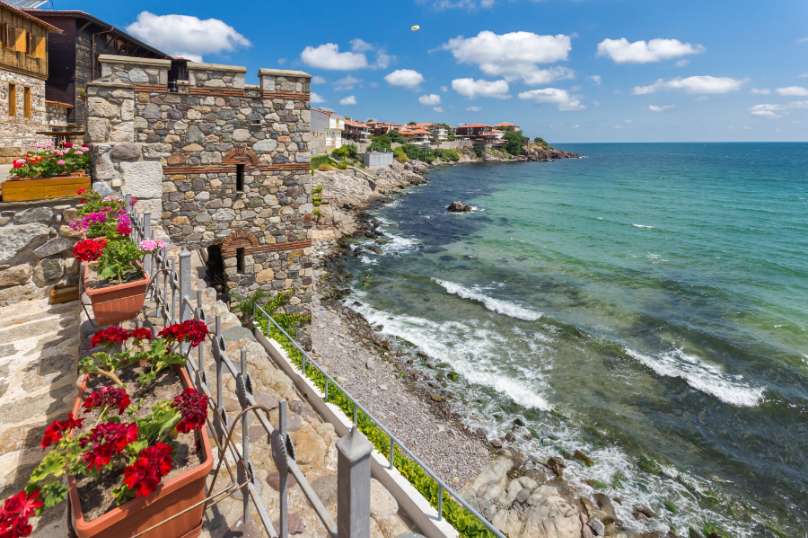

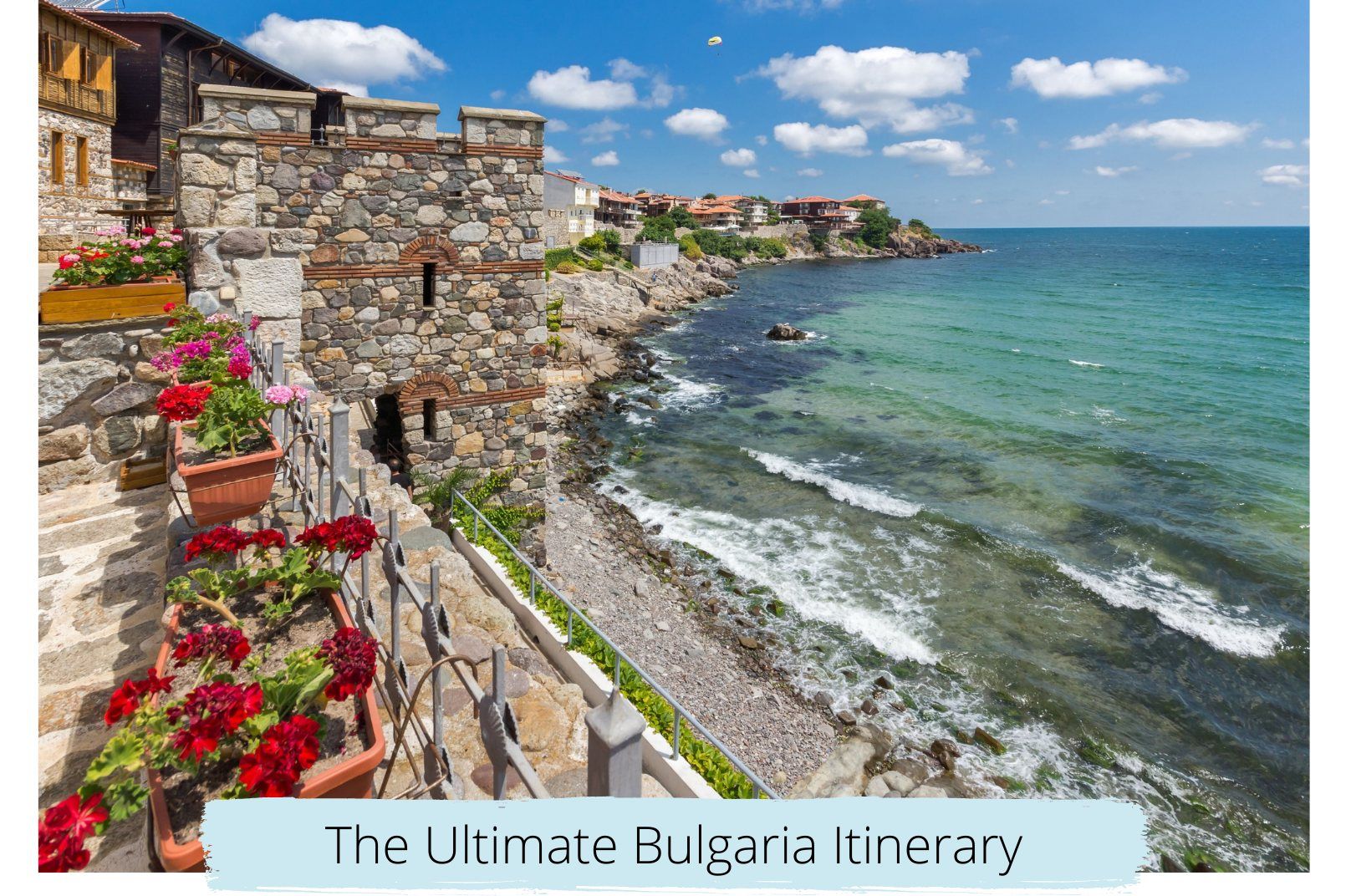

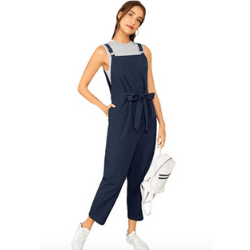
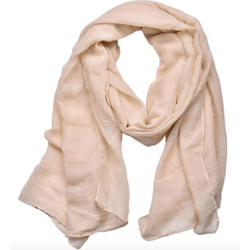
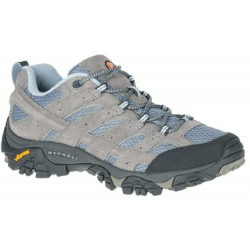

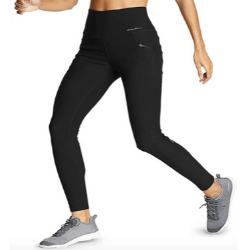
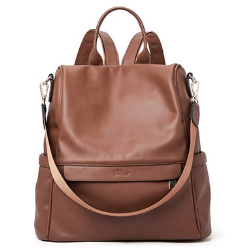
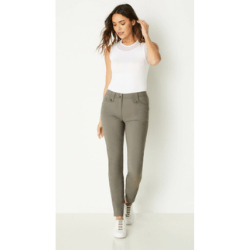
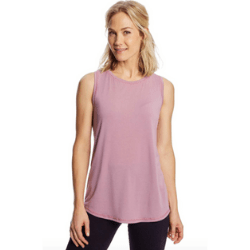


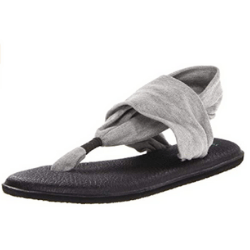
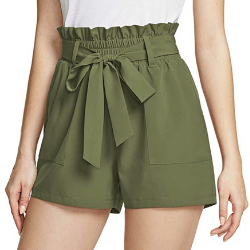
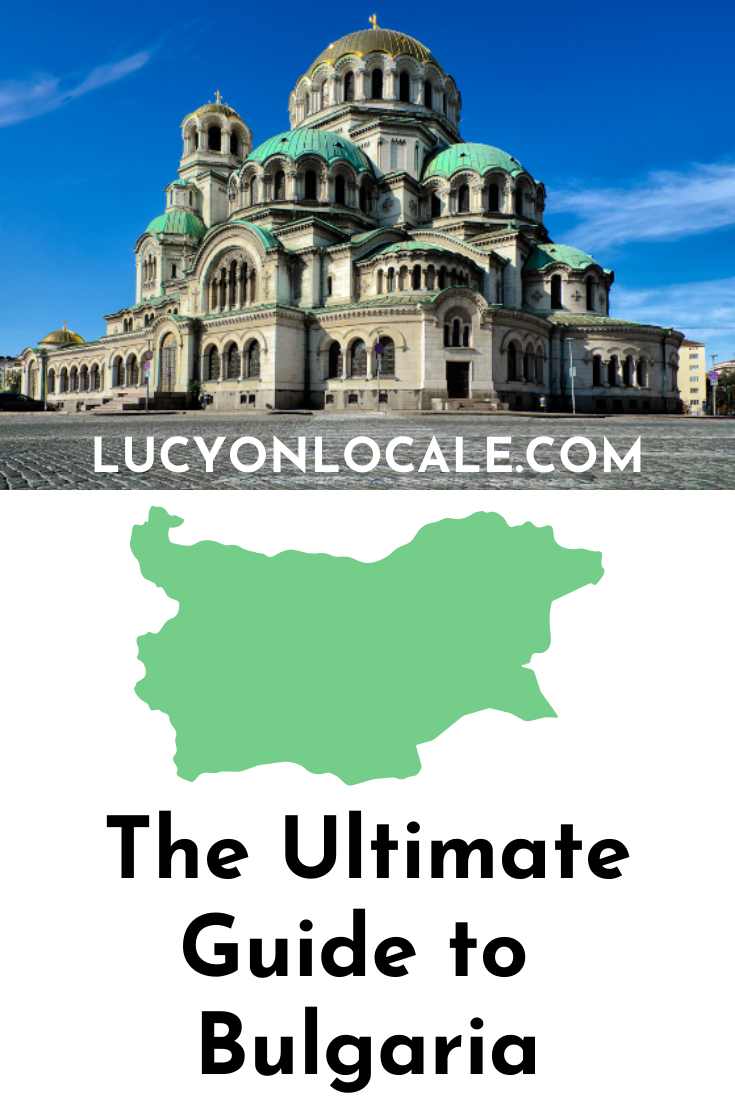


lena gladstone
Wow, what a dreamy place to visit. Thank you for sharing your tips and great places to visit.
Lucy On Locale
Thank you! These detailed country guides are some of my most popular content, so I’m always glad to hear that they’re helpful!
Mrs D
Love this post! Thank you for sharing, Bulgaria is on my travel list!
Lucy On Locale
I’m so glad! It’s a stunning country. Make sure you visit some wineries!